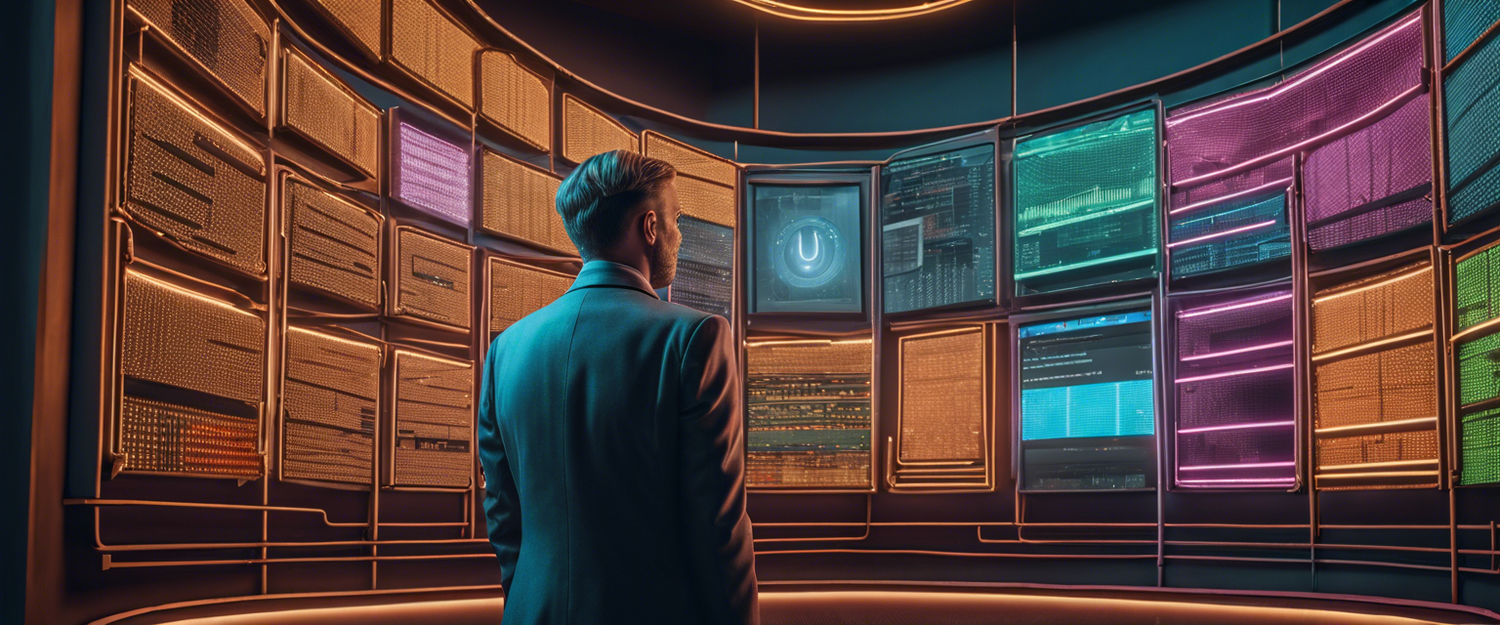Understanding MiCAR and Its Impact on Germany's Crypto Landscape
The Markets in Crypto-Assets Regulation (MiCAR) framework, spearheaded by the European Union, is anticipated to shape the future of cryptocurrency regulation across member states, including Germany. As 2023 draws to a close, a significant portion of this regulatory initiative is set to be implemented, but there are hurdles that German companies currently face.
Current Challenges for German Crypto Companies
According to a report by Odaily, while the MiCAR legislation is poised to take effect, German firms are facing considerable roadblocks in obtaining the necessary licenses to operate under this framework. The local regulatory authority, the Federal Financial Supervisory Authority (BaFin), is unable to issue MiCAR cryptocurrency licenses due to stalled legislative measures. This impasse has left domestic companies in a precarious position.
Foreign Companies and MiCAR Compliance
In stark contrast, foreign entities that have already secured cryptocurrency licenses in other jurisdictions can operate seamlessly within Germany and the broader EU, thereby raising concerns about competitive parity. This discrepancy highlights the urgent need for clarity in regulatory processes and supports the argument for swift legislative action.
Details of the MiCAR Framework
At its core, the MiCAR framework mandates that each EU member state designates a regulatory authority responsible for issuing licenses to crypto-asset service providers (CASPs). In Germany, this responsibility resides with BaFin, yet the authority's ability to function effectively is hampered by legislative delays, particularly in light of the recent collapse of the coalition government.
Impact on Financial Institutions
The implications of this delay are not limited to crypto companies. Institutions such as banks and securities firms, which may wish to extend their licenses to qualify for MiCAR CASP status, find themselves in a bind. With BaFin currently unable to facilitate these processes, the appetite for innovation and growth within Germany’s financial sector is stifled.
Existing Regulations and Future Developments
Germany has had cryptocurrency regulations in place prior to MiCAR’s introduction. However, the new legislative drafts, including the Financial Market Digitization Act (FinmadiG) and the Crypto Market Regulation Act (KMAG), seek to overhaul these existing rules in favor of a more streamlined framework that aligns with EU regulations.
Calls for Action from Academia
This regulatory uncertainty has caught the attention of scholars and legal experts in Germany. Recently, a group of German academics sent a letter to the Finance Committee of the Bundestag, highlighting that Germany's current approach may be in violation of EU law. They pointed out the imperative that the German implementation law should have taken effect by June 30, coinciding with stablecoin legislation, further underscoring the need for timely resolution.
Conclusion: The Path Forward for Germany
The current state of cryptocurrency regulation in Germany poses numerous challenges for local companies while allowing foreign firms to capitalize on regulatory gaps. As the EU moves forward with implementing MiCAR, German legislation must catch up to ensure that domestic players do not fall behind. The push for legislative clarity and expediency is more crucial than ever, ensuring that all stakeholders can operate on an equal playing field in the evolving digital asset landscape.
As the regulatory landscape continues to evolve, it will be vital for stakeholders in the crypto space—ranging from individual investors to large financial institutions—to stay informed and engaged. The resolution of these regulatory issues could pave the way for a more robust and competitive cryptocurrency market in Germany.



댓글 남기기
모든 댓글은 게시 전 검토됩니다.
이 사이트는 hCaptcha에 의해 보호되며, hCaptcha의 개인 정보 보호 정책 과 서비스 약관 이 적용됩니다.